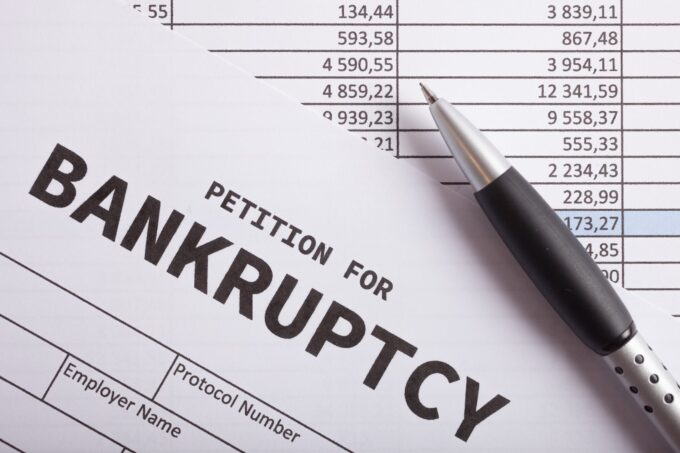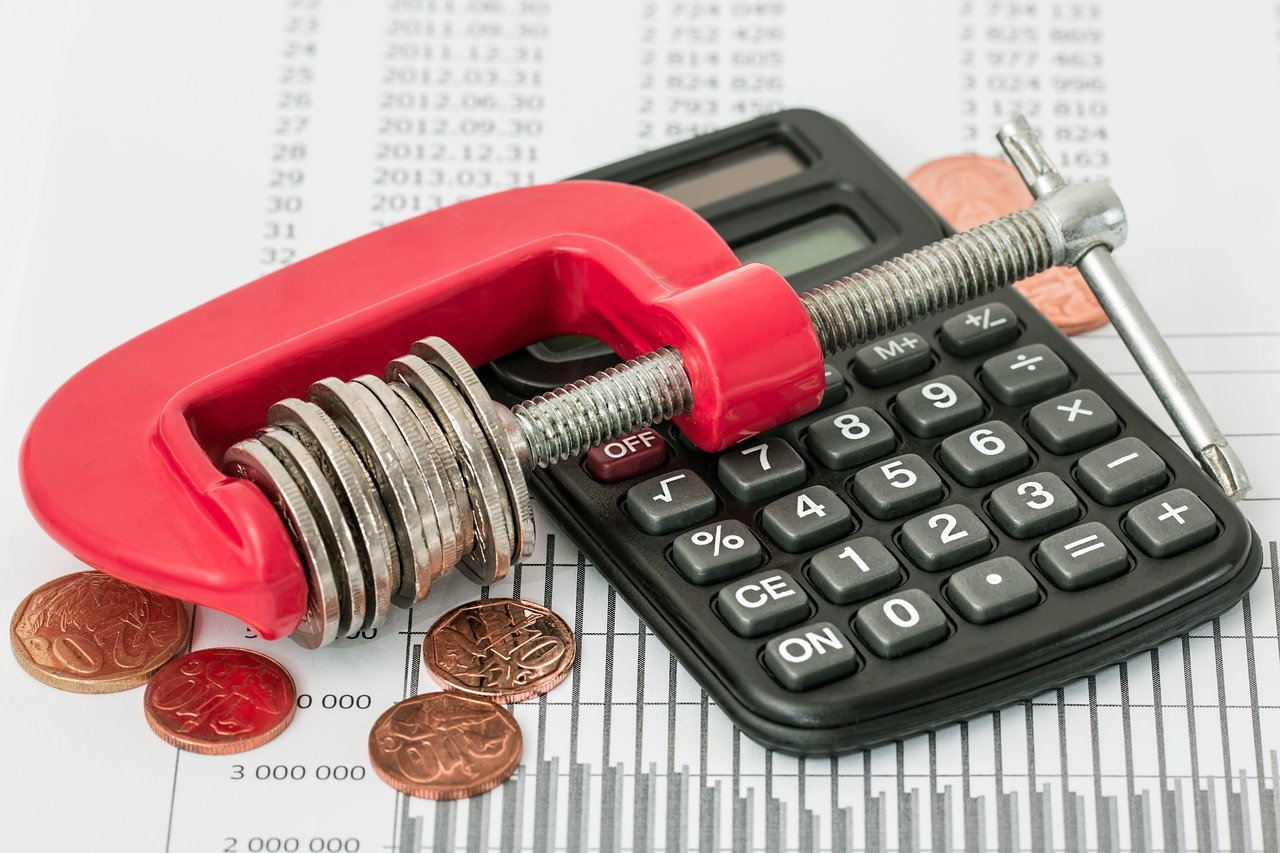The past 15 years have been financially difficult for Canadians from coast to coast. Facing a devastating recession followed by a global pandemic has resulted in many of us carrying crushing debt. As the world recovers, now is the time to start resolving debt and working towards a financially bright future.
The hard truth is that most people live outside their means. In the modern world that is hyper-focused on materialism and consumerism, it’s not surprising that many are spending money they don’t have. While there is a growing minimalistic movement that brings products like Muji and Artifox into the mix towards simpler living, most of us need to work to become debt-free.
The pressure of hovering debt can leave people feeling powerless and overwhelmed. In some cases, it’s best to get professional advice. Whether you choose to meet with a financial advisor or speak to a legal expert from Doyle Salewski, getting the advice you need can help you face your debt with confidence. Let’s take a closer look at a few ways Canadians can start resolving their debt.
Create a Manageable Budget

Building a budget that you can manage whilst continuing to pay down your debt is all about compromise and quality of life. There is no need to cut back on only essential expenses and live in misery to get debt-free. Find a balance that works for you. Here are a few factors to consider when you are creating a manageable budget:
- Incoming funds: Take a close look at your net income to see a realistic path towards a tighter budget.
- Essentials: Make a list of all your essential expenses, including utilities, rent, insurance, and food. Compare your costs with your income to identify how much disposable income you have for luxuries and debt repayment.
- Track spending: For one month, keep close track of all your spending on a spreadsheet or with an app like Mint to help you visually consider where your money is going and how to make changes.
- Discretionary spending: Make a list of your discretionary spending, including subscriptions, internet and cable packages, dining out, and entertainment.
- Set goals: Break down your available income that can be funneled to your debt resolution and set a time goal for yourself to stay on track.
Once you cut your spending and funnel available funds towards your debt solution, you will feel your debt weight lighter every month. Sticking to your budget means you shouldn’t incur more debt until you have reached your financial goals.
Negotiate With Creditors

Many people assume that the amount shown on their debt statements is not written in stone. Most creditors are willing to negotiate with their customers to regain some of their investment. If your minimum payments are too much for you to handle, it’s time to make some humble phone calls to your creditors.
When you resolve your debt with your creditors, it shows a desire to settle the debt and can buy you some flexibility on your terms. If you work with a credit advisor, they can help you to renegotiate your debt and save you heaps of money on forgiven interest payments.
Lenders are more interested in getting something from their clients than being ignored. To settle, many companies will forgive large percentages of your debt, giving you the chance to rebuild your credit and financial standing.
Consider Consolidation

We all know that borrowing money comes at a cost. However, the rate at which interest payments attach themselves to our primary debt can be startling for many. If you have several separate debts, it can be beneficial to consolidate them into one manageable payment. Consolidation is basically the selling of your debt to a third party that will roll them into one loan. Here are just a few debt consolidation pros and cons:
Pros
- Reduced payments
- Credit rebuilding
- One payment
- Lower Interest Payments
Cons
- Rigorous Qualification
- Long-term debt
- Fees & Costs
Bankruptcy

When you file for bankruptcy in Canada, you have the opportunity to find debt relief when you are financially overwhelmed. Not everyone qualifies for bankruptcy, as it requires specific qualifications. It should also be noted that the bankruptcy process can be lengthy and shouldn’t be considered a quick financial fix.
Once you find out if you are eligible for bankruptcy, you will need to attend mandatory credit counseling and hire a Licensed Insolvency Trustee (LIT) to help you with the process. Your LIT will help you negotiate terms with creditors, advise you of your financial rights and options, and take over any liquid assets that can be put toward your debt.
After two years, most of your remaining debt will be wiped from the record. However, your bankruptcy record will stay with you and can make it difficult to navigate a new financial start. It’s important to explore all your financial options before filing for bankruptcy.
Consumer Proposal
A debt solution that takes parts of a bankruptcy procedure and a consolidation and combines them into a Consumer Proposal. When you file for a Consumer Proposal with the help of a Licensed Insolvency Trustee (LIT), you can negotiate a payment settlement with all your creditors.
Your LIT will negotiate on your behalf for a reduced payment agreement on your original borrowing terms. In some cases, large amounts of debt can be negotiated down to a manageable payment amount.
While a Consumer Proposal can be a great way to erase much of your debt, they do come with some heavy consequences. A consumer proposal will stay on your financial and credit records for a minimum of three years. This can make it difficult to apply for any further credit until you can repair your score.
Living with debt can feel suffocating and interfere with your quality of life. Managing your finances is directly related to maintaining a healthy stress level. As the world recovers from a dramatic entrance into the modern century, now is the time to get control over your finances. Follow some of these tips that can help you and Canadians across the country to resolve their debt and embrace a debt-free future.









